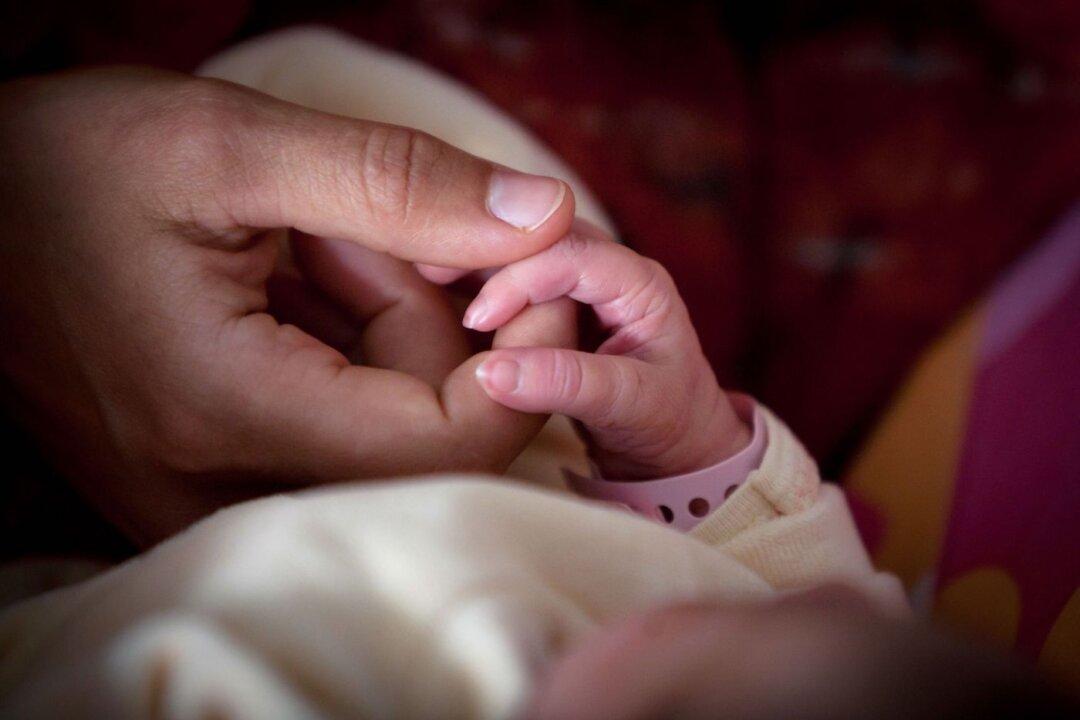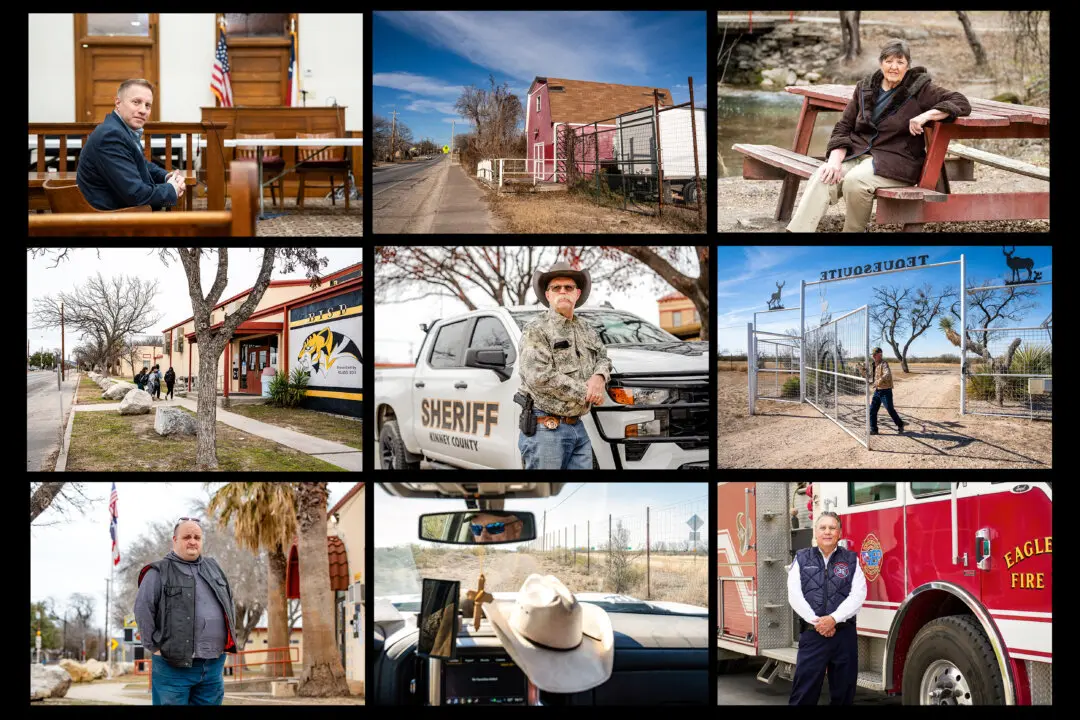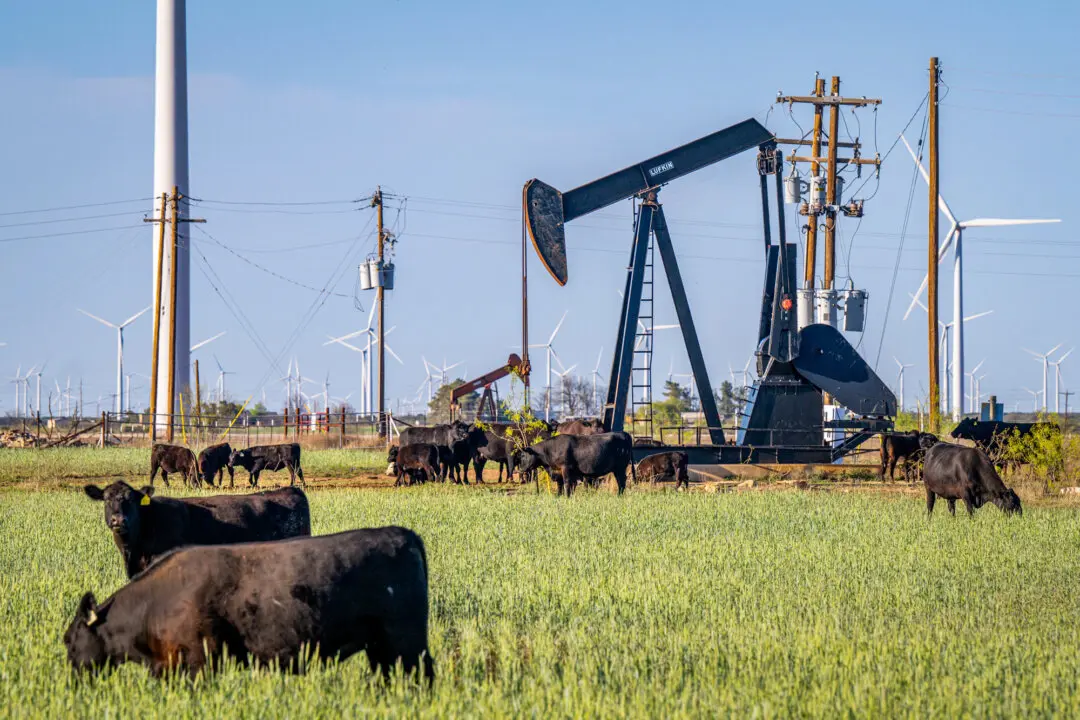Women in blue states have far fewer babies than those in red states as the U.S. birthrate plunges downward, according to a conservative think tank analysis.
While political affiliation may seem like an odd determiner of birth rates, states that gave Biden the largest share of votes in 2020 have the lowest birth rates, according to Chuck DeVore, vice president of national initiatives at the Texas Public Policy Foundation.





